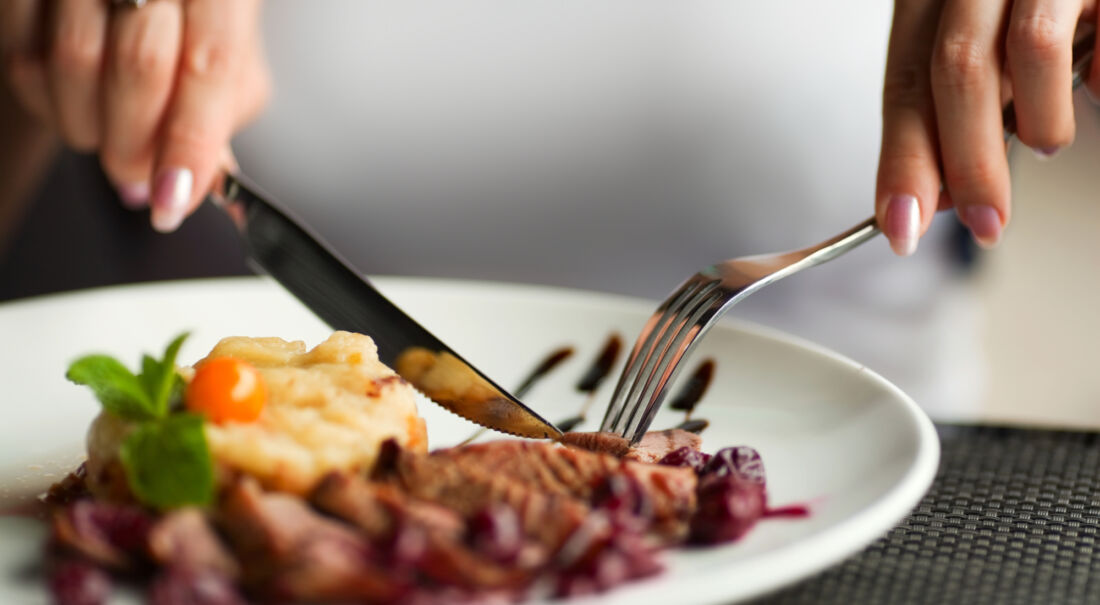Business Meals – Are They Deductible?

For the 2021-2022 tax years, many business meals are 100% deductible.
Do your business meal expenses qualify for this temporary 100% deduction? And what happened to the business entertainment expense deduction? What you need to know to help avoid an audit, or to be able to substantiate your deductions under audit.
The goal of this blog is to provide our clients with some basic information to help guide them in their business accounting for tax deductions, and to help answer some of the more commonly asked questions in this topic.
For the remainder of this blog, “meals” include business-related food & beverages, snacks, and meals.
Following are the guidelines for when business-related meals qualify for the 100% deduction:
- The expense is incurred & paid for from 1/1/21 thru 12/31/22
- Includes full cost of the meal, delivery fees, tips & sales tax
- Purchased at a restaurant for immediate consumption
- “Restaurant” can be a business that sells food & beverage at retail to customers
- “Immediate consumption” can be on or off the business’s premises
- Does not include a retail business that sells primarily pre-packaged food or beverages not for immediate consumption
- Examples: grocery store, specialty food or beverage store, drug store, convenience store, vending machine or kiosk
- Would still qualify for the 50% meal deduction
There are travel-related business meals and non-travel-related business meals.
Non-Travel Related Business Meals
Previously, meals have been allowed as a business deduction, limited to 50%, under the following requirements:
- The meal expense must be ordinary, necessary, and directly connected with, or pertaining to, the taxpayer’s business
- The expense isn’t lavish or extravagant, under the circumstances
- The taxpayer and/or an employee of the taxpayer is present
- Business associate(s) of the taxpayer are present
- Someone that is reasonably expected to engage with in the active conduct of your business, such as customer, client, supplier, employee, agent, partner, or professional advisor.
- Can be established or prospective
Substantiation requirements for all business meals, with the exception for an expense which does not exceed a particular amount.
- Amount
- Date
- Location
- Purpose
- Identify who is in attendance
Ideally, a restaurant receipt will include some of the (5) requirements above, such as the first (3) (amount, date, location) & may possibly include the number of people served. This alone is not enough to satisfy the IRS regulations. Best idea is to write on the back of the receipt the purpose of the business meal, and who was in attendance.
Travel Related Business Meals
Let’s first define a business meal “away from home”, for tax purposes … also known as the “overnight rule” or the “sleep or rest rule”. Deductible meals when traveling away from home require sleep or rest to meet to fulfill your business needs.
Substantiation requirements are mostly the same as for Non-Travel, with the following exceptions:
- Must document the time & location away from home – meaning, the dates of departure & return & where the travel was at.
- The people involved may just be the taxpayer, and this is allowed, considering proper business travel records are being kept.
Business Entertainment
The IRS recently eliminated the tax deduction for business entertainment expenses. But when there are meals or snacks associated with that entertainment, can those expenses still be deductible? Yes, IF the food & beverages are separately paid for from the entertainment, or are separately stated on a bill or invoice.
- As a business owner, you MUST record the (non-deductible) entertainment expense separate from the (deductible) meals expense in your accounting program.
One area of business entertainment that is still 100% deductible is “team-building outings”. A business expense for recreational, social, or similar activity primarily for the benefit of the employees, qualify for 100% deduction.
Lastly, let’s go thru some examples to help decipher what is deductible in the 2021 – 2022 years, considering the temporary 100% deduction:
- Restaurant meals with owners, customers/clients, prospects
- Meal purchased from restaurant for employees at required business meeting
- Meal served at a business meeting held in third party meeting room
- Restaurant meal while in overnight business travel
- Year-end party for employees & spouses
- Meals prepared at the business for the general public, attending a presentation
- Meal with a customer (current or prospective) following a sporting event
The following examples are for the business meals still limited to the 50% deduction:
- Employee meals, for the convenience of the employer, served by the in-house cafeteria
- Meals cooked by you in your hotel while traveling away from home
- Food & beverage purchased at retail, not for immediate consumption
Examplesof food & beverage expenses that are not deductible:
- Purchasing food &/or beverage for yourself when you are out-n-about for your daily work.

